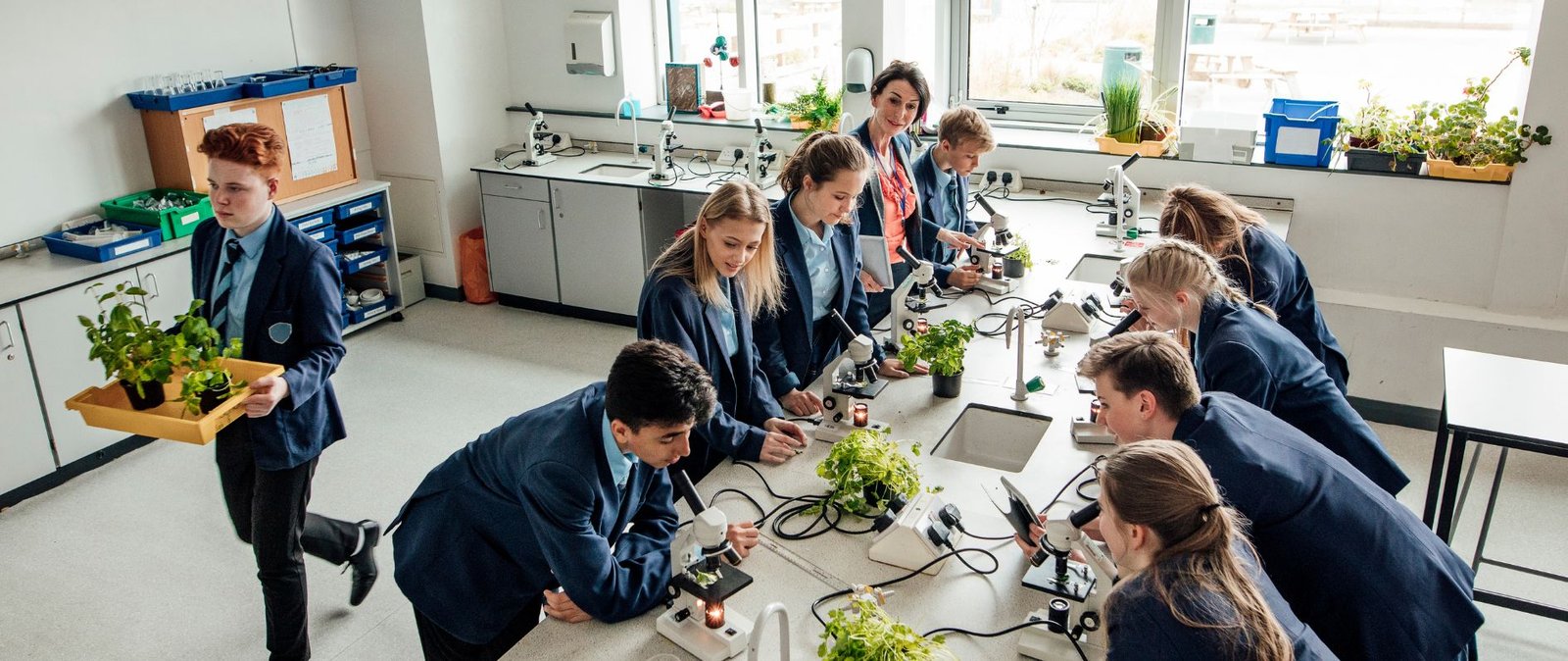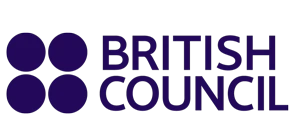The UK education system is renowned worldwide for its structure and quality, guiding students from primary school to secondary education with a clear path to success. Whether you’re a parent helping your child or a student aiming to excel, understanding the study methods used from Key Stage 1 to Key Stage 4 (GCSEs) can make all the difference. In this 2025 guide, we’ll explore how learning evolves across UK schools, offering practical tips to thrive at every stage straight from the British classroom.
The UK Education System: A Quick Overview
In England, education is compulsory from ages 5 to 16, split into Key Stages:
- Key Stage 1 (KS1): Ages 5–7 (Years 1–2, primary school)
- Key Stage 2 (KS2): Ages 7–11 (Years 3–6, primary school)
- Key Stage 3 (KS3): Ages 11–14 (Years 7–9, secondary school)
- Key Stage 4 (KS4): Ages 14–16 (Years 10–11, GCSEs)
Each stage builds on the last, with teaching methods and study techniques adapting to students’ growing skills. Let’s dive into how to study effectively at each level.

Primary School: Building Foundations (Key Stages 1 and 2)
Primary education lays the groundwork for lifelong learning. From Reception (age 4–5) to Year 6, the focus is on core subjects like English, Maths, and Science, guided by the National Curriculum.
Study Methods in KS1 (Ages 5–7)
- Play-Based Learning: In Years 1 and 2, teachers use games, songs, and hands-on activities to teach phonics, basic numeracy, and reading. For example, the Phonics Screening Check in Year 1 tests decoding skills through fun word games.
- Repetition and Routine: Daily practice—like reciting times tables or reading aloud—helps young learners retain basics. Parents can reinforce this with short, 10-minute bedtime stories.
- Visual Aids: Flashcards, number lines, and colourful charts make abstract concepts concrete. Try creating a “word wall” at home with new spellings each week.
Study Methods in KS2 (Ages 7–11)
- Structured Lessons: By Year 3, lessons become more formal, with subjects like History and Geography added. Students start writing longer pieces and solving multi-step math problems.
- SATs Prep: In Year 6, Key Stage 2 SATs test English and Maths. Practice past papers in timed bursts (20–30 minutes) to build confidence without overwhelming.
- Group Work: Collaborative projects, such as researching a science topic, teach teamwork and critical thinking. Encourage your child to explain concepts to you; it solidifies their understanding.
Top Tip: Break the study into 15–20-minute chunks with breaks. Young minds thrive on variety—mix reading with a quick drawing task to keep them engaged.
Secondary School: Stepping Up (Key Stages 3 and 4)
At age 11, students enter secondary school, where the curriculum broadens and study demands intensify. By KS4, they’re preparing for GCSEs, the milestone exams at 16.
Study Methods in KS3 (Ages 11–14)
- Subject Variety: Students tackle 10–12 subjects, including compulsory English, Maths, Science, and options like Languages or Art. Skim textbooks to preview topics before class—this boosts retention.
- Note-Taking Skills: Teach the Cornell Method: divide a page into notes, key points, and a summary. It’s perfect for revising complex KS3 Science or Humanities lessons.
- Self-Testing: Use quizzes (online or homemade) to check recall. For example, test key terms from History or Geography weekly to spot gaps early.
Study Methods in KS4 (Ages 14–16, GCSEs)
- GCSE Focus: In Years 10 and 11, students typically study 9–10 GCSE subjects, with English, Maths, and Science mandatory. Pick electives wisely—choose what aligns with your strengths or future goals.
- Past Papers: Practise with GCSE papers from AQA, Edexcel, or OCR (available online). Start untimed, then mimic exam conditions to build stamina—exams can last 1–2 hours.
- Timetables: Create a revision schedule splitting subjects across the week. Allocate 2–3 hours daily, mixing heavy (e.g., Maths) and light (e.g., Art) topics to avoid burnout.
- Mind Maps: Link ideas visually—e.g., connect Shakespeare themes in English Literature. This works brilliantly for subjects with lots of content, like Biology or History.
Top Tip: Join study groups. Explaining topics to peers (e.g., chemical reactions in Science) reinforces your own grasp while making revision social and fun.
What’s New in 2025?
The UK education system evolves yearly. In 2025:
- Digital Learning: Schools increasingly use platforms like Google Classroom or BBC Bitesize for homework and revision. Get familiar with these tools—they’re packed with interactive resources.
- Wellbeing Focus: With mental health prioritised, students are taught mindfulness alongside academics. Try 5-minute breathing exercises before study sessions to sharpen focus.
- Curriculum Updates: Post-2024 reviews mean slight tweaks to GCSE content—check awarding body websites (e.g., AQA) for the latest syllabuses.
How Parents Can Help
- Primary: Read together nightly and play educational games (e.g., counting coins for Maths).
- Secondary: Discuss GCSE choices early (Year 9) and set up a quiet study space—no distractions!
- All Stages: Praise effort, not just results, to build resilience.
Final Thoughts
Mastering study methods in UK schools from primary to GCSEs is about adapting to each stage’s demands. Start with playful exploration in KS1, build discipline in KS2, broaden skills in KS3, and refine focus for KS4 exams. With the right approach—blending structure, creativity, and tech, you’ll succeed and enjoy the journey.
Ready to ace your studies in 2025? Bookmark this guide, grab some past papers, and dive into the UK’s world-class education system today!









